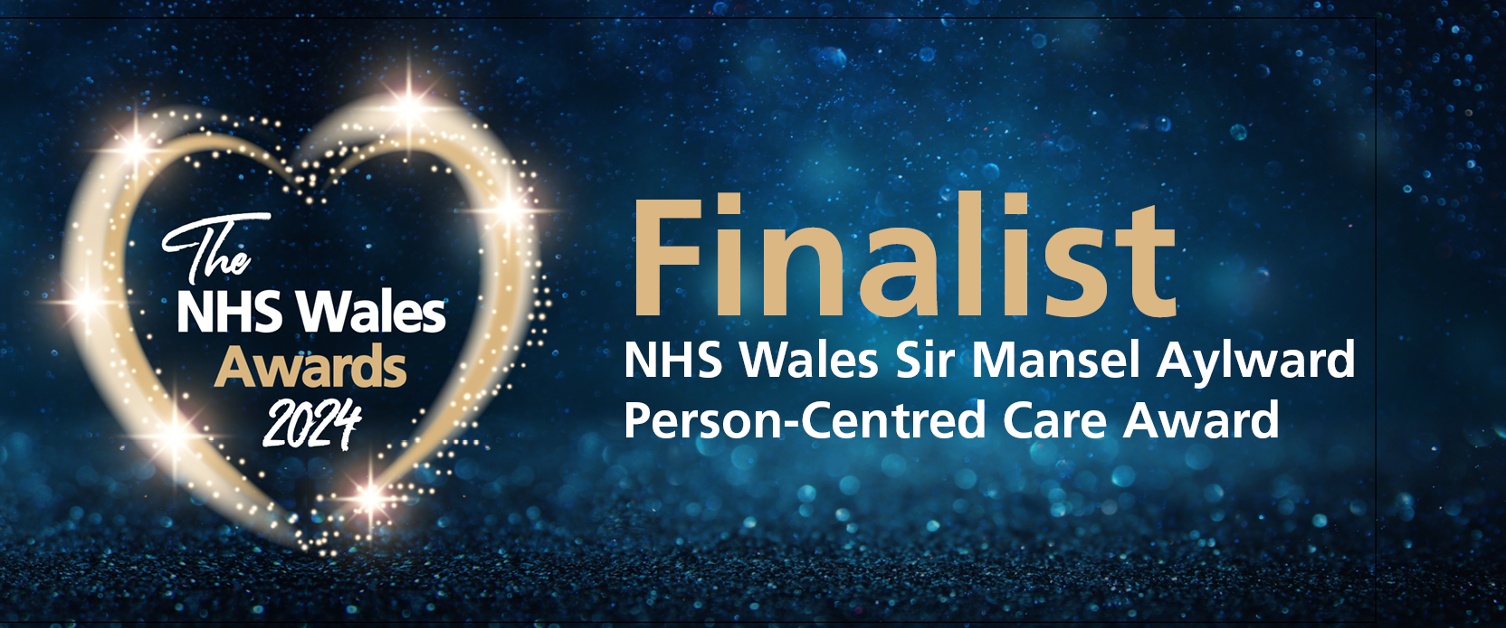Magic wands for engaging people in the management of their own health and wellbeing

Owen Hughes, Head of Powys Living Well Service, Powys Teaching Health Board
Introduction
In common with many other services working with people who have a long-term conditions, the Living Well Service within Powys Teaching Health Board (PTHB) were experiencing a high rate of non-attendance at appointments (12-15%) and people that had been referred not engaging with the service (30%).
The aim of the project was to reduce the number of people not attending appointments over a period of two years and improve user satisfaction/outcomes.
Methods
In collaboration with the Health Foundation’s Q Lab Team, we looked at the service and person’s journey through the service, using the following techniques:
- Process mapping
- Service user journey mapping including emotional responses at the different stages of the pathway
- Developing personas for typical and atypical service users
- Established an ‘experience panel’ of people who had had contact with the service willing to engage in the process of service development and provide feedback
- Learning about behavioural change and how to shape service user behaviour.
In response to the process mapping exercise and feedback from service users we spilt the engagement phase of the service as below:-
- Response to referral
- Developing digital skills (for staff and citizens)
- Information gathering and information giving
- Initial consultation
- Post consultation feedback
Outcomes
- The service has become primarily digital with 90% of contacts seen through digital technologies.
- Improved service user satisfaction with over 95% of people now feeling involved in the decisions about their care.
- Faster access to support and information.
- Decreased ‘Did not attend’ rate which is now under 5%.
- Decreased wait time from 16 to 10 weeks.
- Improved safety and increased staff satisfaction.
- Reduction in environmental impact and cost.
- Improved accessibility.
- Reduced non-engagement to 20%.
Learnings
- The value of applying Quality Improvement and Agile project management methodologies.
- The importance of engaging service users in the process of change.
- The importance of supporting people (Staff and service users) when introducing new ways of working.
- The usefulness of using the behaviour change / behavioural insights literature.
What next?
The cycles of continuous improvement are ongoing. We are gathering feedback from staff and service users to identify ways to improve the quality of the service we provide.



